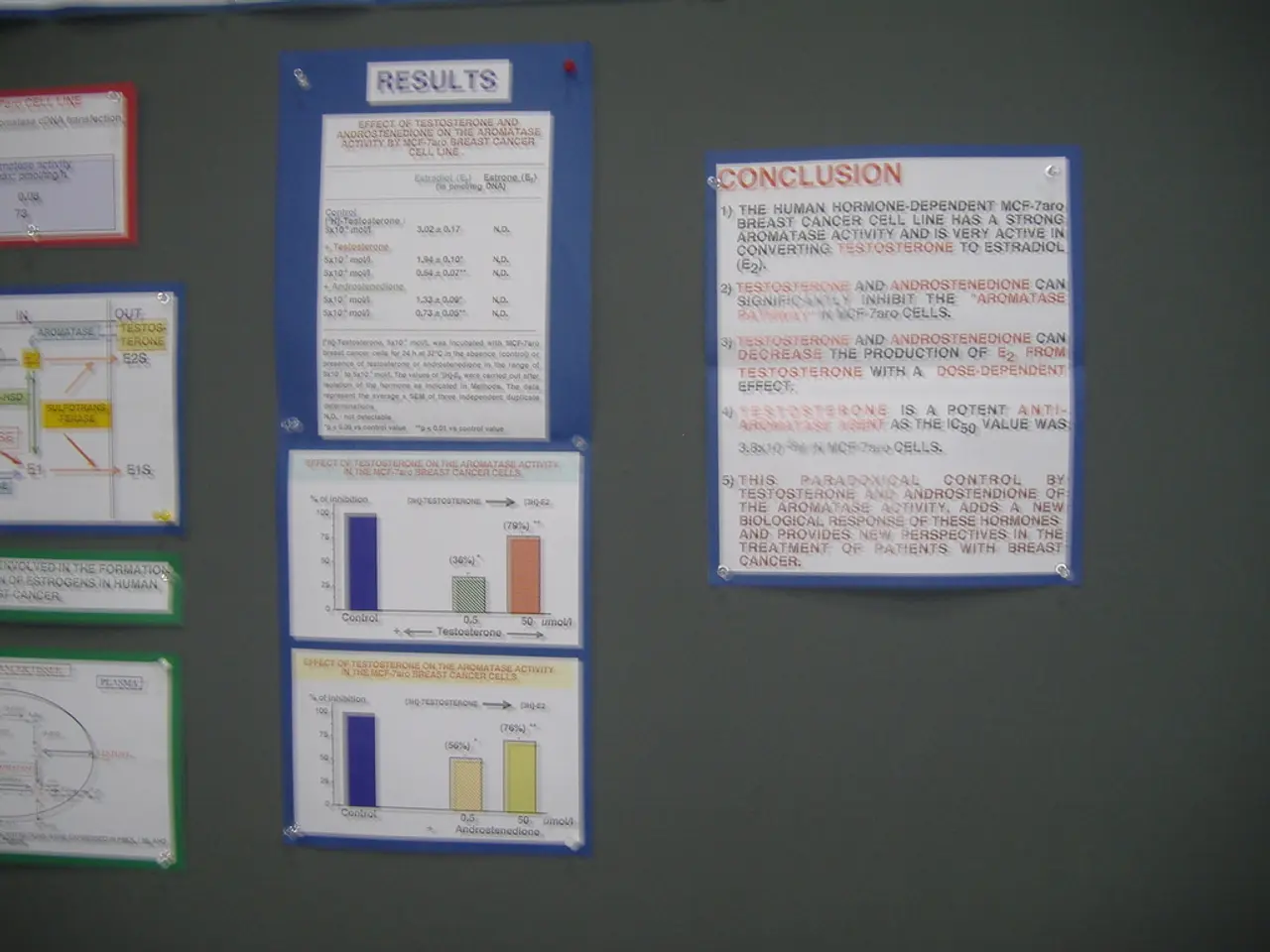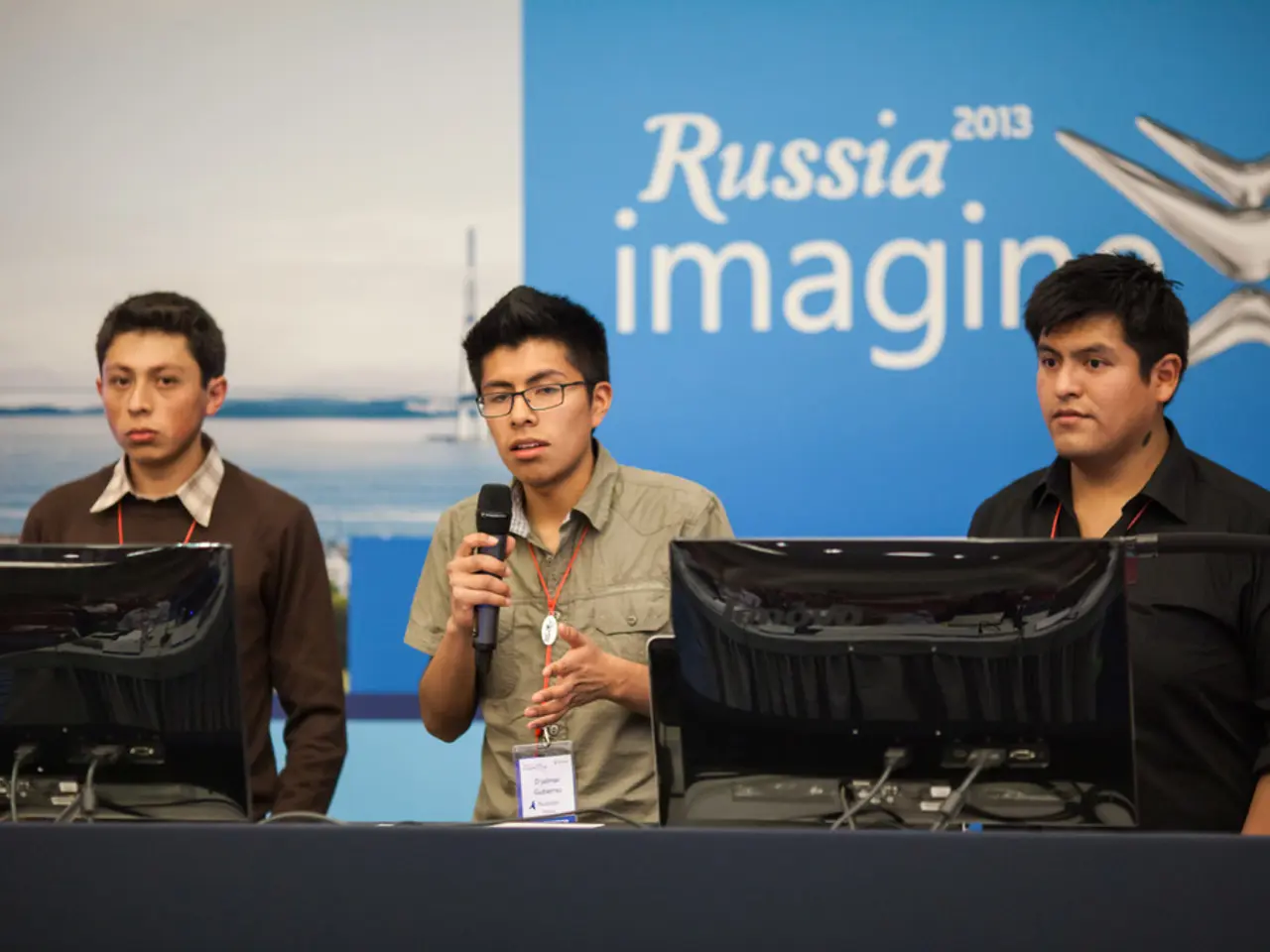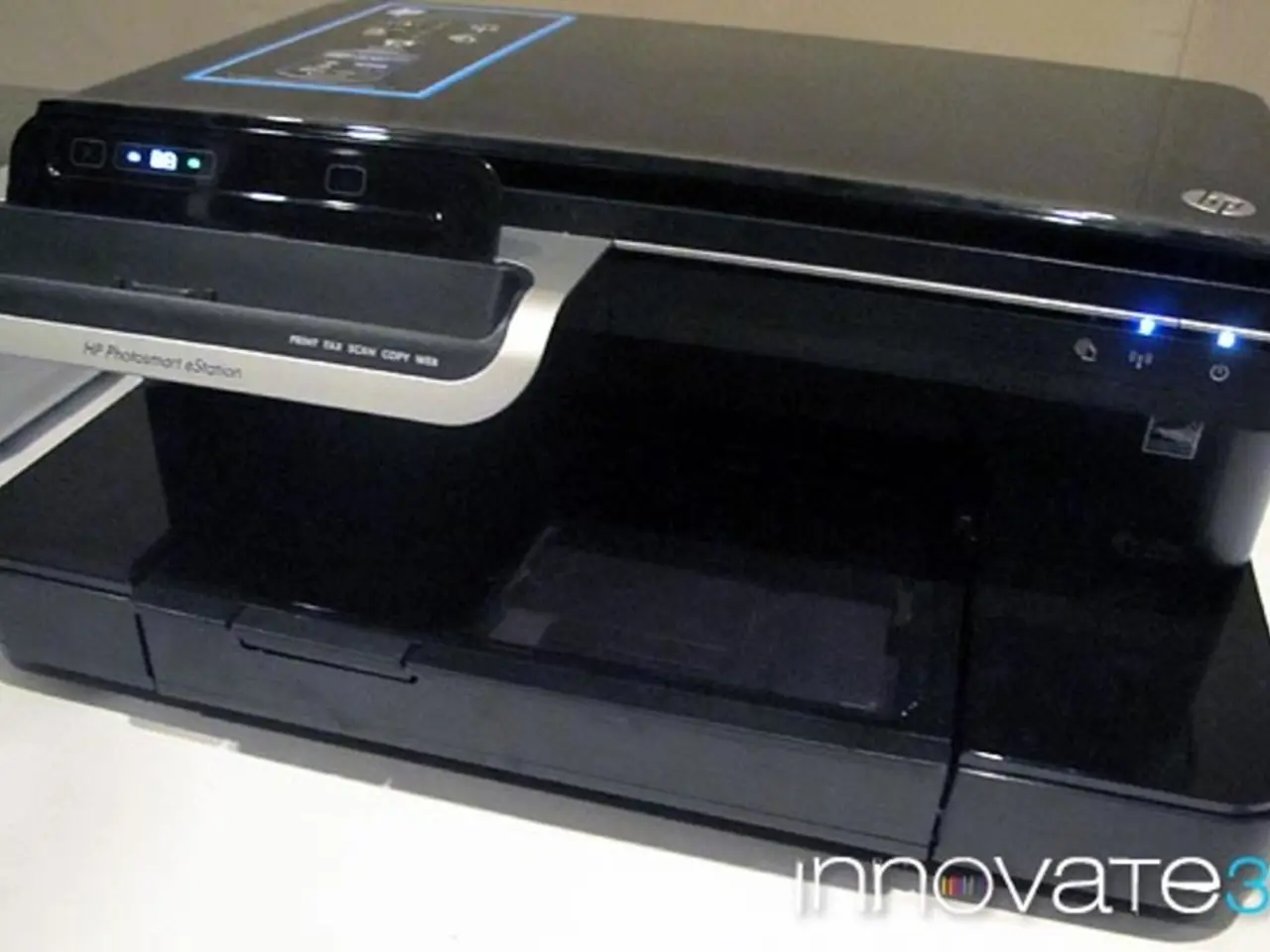Russia to broadcast the launch of the "Progress MS-31" spacecraft to the International Space Station on digital displays
The International Space Station (ISS) is set to welcome a new batch of supplies, as the Progress MS-31 cargo spacecraft is scheduled to dock with the station on July 6 at 00:28 Moscow time. This resupply mission is crucial for Expedition 73, a long-term mission aboard the ISS, with cosmonauts Sergei Ryazhikov, Alexei Zubrikin, and Kirill Peskov at the helm.
The Progress MS-31 spacecraft embarked on its journey from Baikonur Cosmodrome on July 3, carrying a total of 2,625 kg of cargo. This includes 1,205 kg of dry cargo, 950 kg of fuel for station operations, 420 kg of drinking water, and 50 kg of nitrogen to replenish the ISS atmosphere.
Among the scientific equipment carried are experimental setups named "Virtual", "Biodegradation", "Fullerene", "Biopolymer", "Impulse", and "Mirage". These are intended for the Expedition 73 crew to conduct approximately 50 experiments aboard the ISS. The experiments cover a range of areas, likely involving biotechnology, materials science, and physics, supporting diverse scientific goals for the long-term mission.
Once docked, the Progress MS-31 will deliver essential life support consumables, propellant, and science hardware to the ISS. This resupply will enable the continued human presence and scientific discovery in orbit.
The Progress MS-31 spacecraft's launch was without any off-nominal situations, according to the Roscosmos press service. The spacecraft's journey to the ISS took two days.
Expedition 73 was launched into space on April 8. During the mission, the crew has made four transitions between the two spacecraft. The crew's ongoing research includes studies such as the "Circadian Light" experiment, aiming to improve astronauts' cognitive performance using a new lighting system. The crew also performs maintenance, like replacement of water recycling tanks, ensuring long-duration habitation aboard the ISS.
Looking back, it's worth noting that the Soyuz-2.1a launch vehicle carrying Progress MS-31 boasts a special emblem commemorating the 50th anniversary of the joint Soviet-American Apollo-Soyuz Test Project, which took place on July 15, 1975, marking the first instance of fruitful cooperation between the two nations.
As we eagerly await the docking of Progress MS-31, it's a reminder of the ongoing collaboration and exploration in space, making significant strides towards the creation of the future ISS.
Science and technology will be advanced with the arrival of the Progress MS-31 cargo spacecraft, carrying experimental setups for the Expedition 73 crew to conduct numerous experiments in areas such as biotechnology, materials science, and physics. Upon docking, the spacecraft will deliver essential supplies, including science hardware, enabling continued human presence and scientific discovery in orbit.




